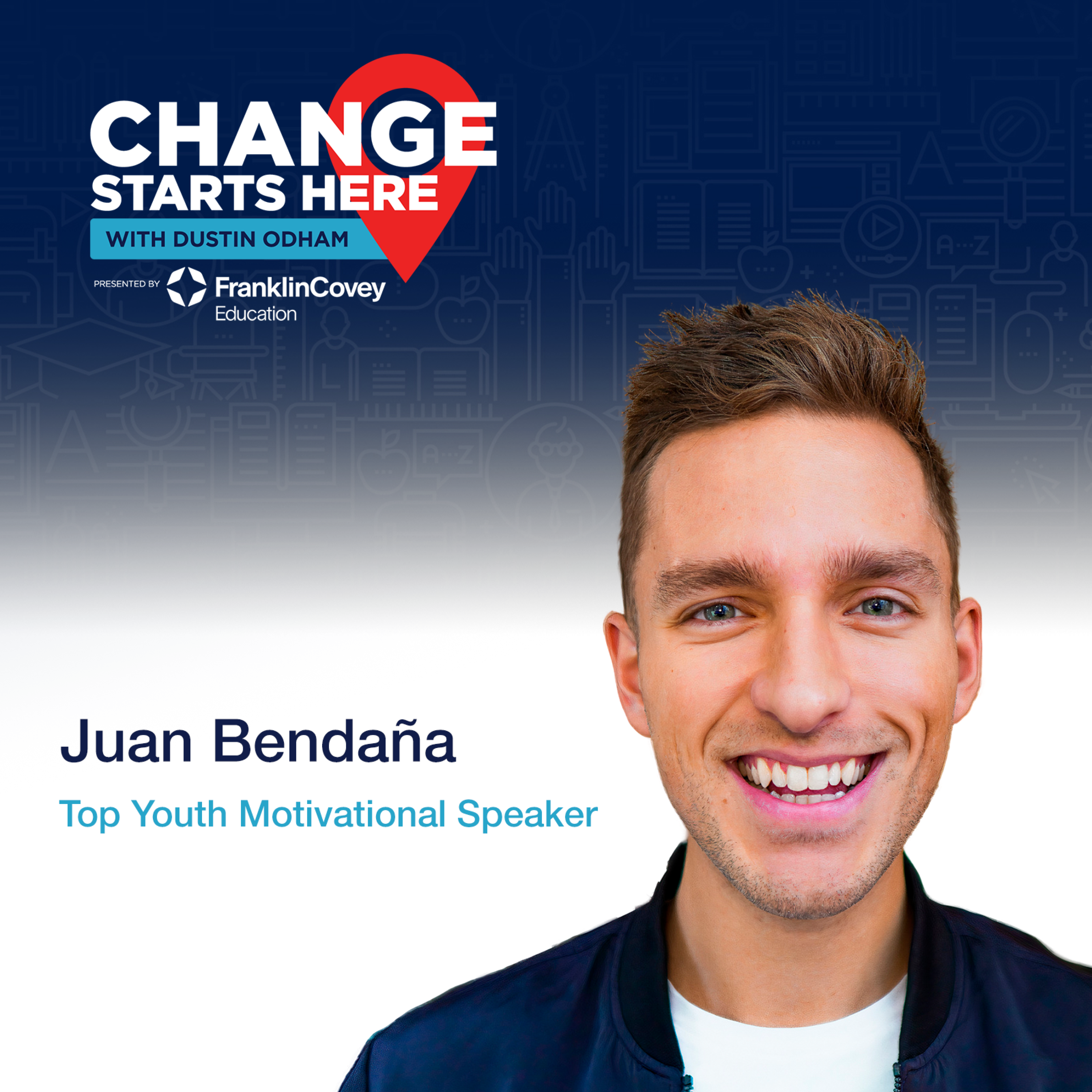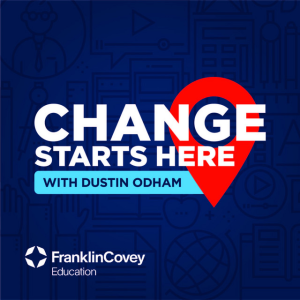
Juan Bendaña - Building Trust with Your Students
 2022-09-20
2022-09-20
Working within a positive culture creates optimal results in any setting, and that is especially true for those in K12 educational settings. Juan Bendaña, top youth motivational speaker, joined Host Dustin Odham to dive more into how to create and define a positive culture in the classroom.
Bendaña believes the first step to understanding students is to take a step back. “The most important thing is meeting them where they are, not where you think they should be,” he stated. He also emphasized the role emotion plays in understanding students. “We approach an emotional challenge with a logical solution,” he explained. “People don’t remember what you said, they remember how you made them feel,” Bendaña continued.
Once educators take a step back to understand their students, they can start to build a culture in which they can thrive. “Educators oftentimes focus solely or mostly on the information that they are trying to give students as opposed to the energy they are trying to show up with,” Bendaña said. This energy includes what educators are bringing to their building each day, which is directly controlled by the things they do to raise their own energy level daily. He added, “Energy is a choice…energy is a decision you make.”
The trust component of a culture is often missed but is one of the easiest components to build. Bendaña cited a UC Berkeley study that looked at preseason characteristics of NBA teams. They determined the strongest correlation with who won the championship was teams with the most touches—such as fist bumps and high fives—because it built trust. Bendaña used this to suggest that high-fiving students is one easy way to build trust. Building a culture of collective goals in the classroom and getting student input for accountability of culture is another necessary tactic.
It is not uncommon for educators to feel drained like they have an empty cup, which Bendaña touched upon. He suggested educators start filling their own cups by practicing saying “no.” “When you’re saying ‘yes’ to something, you’re also saying ‘no’ to something else,” he explained. “The process of avoiding burnout is being able to create space so it doesn’t have a way in,” he continued.”
Bendaña touched on several other topics throughout the podcast, including how to prevent bullying, fear of failure, and more. For more on building educational culture from Franklin Covey, visit Spotify, Apple iTunes, YouTube, or www.marketscale.com.
More Episodes
 2021-05-11
2021-05-11
 2021-03-09
2021-03-09
Create your
podcast in
minutes
- Full-featured podcast site
- Unlimited storage and bandwidth
- Comprehensive podcast stats
- Distribute to Apple Podcasts, Spotify, and more
- Make money with your podcast
It is Free
- Privacy Policy
- Cookie Policy
- Terms of Use
- Consent Preferences
- Copyright © 2015-2024 Podbean.com





